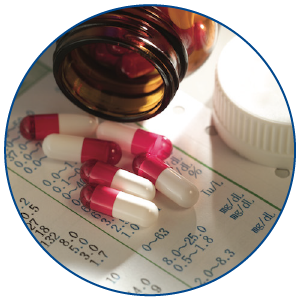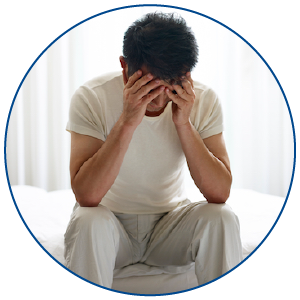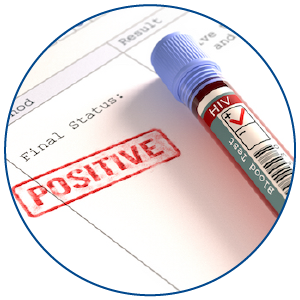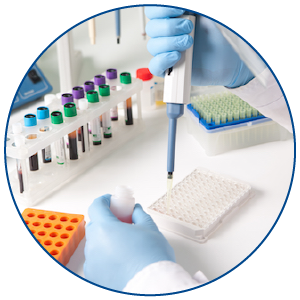
Treatment
There is no treatment or cure for HPV. But there are ways to treat the health problems caused by HPV in men.
High-risk HPV related disease: cancers
Cancers of the penis, anus, and oropharynx can be treated with surgery, radiation therapy, and chemotherapy. Often, two or more of these treatments are used together. Please be aware that patients with high-risk HPV may not show any symptoms.
Low-risk HPV related disease: genital warts
Infected with low-risk HPV will probably cause genital warts. The treatment will depend on what the warts look like, the size and number of the warts and where they are. The aim of treatment is to remove visible warts and relieve the discomfort caused by the warts. As genital warts are caused by a virus and not bacteria, antibiotics will not get rid of warts. The recurrence frequency depends on the strength of the immune system.
Visible warts can be removed by:
- Topical cream, the treatment duration will last for a few weeks
- Freezing – Cryotherapy (For details, please refer to Our Treatments – Cryotherapy)
- Surgery, using local anaesthetic
- Laser treatment, using local anaesthetic
The above treatments can cause irritation and soreness for a couple of days. As warts often come back within a few months after treatment, sometimes more than one treatment is used at the same time.
If you are having treatment, please take note of the following:
- Perfumed soap, bath oils, bubble baths, creams and lotions may irritate the skin. Avoid having them until the treatment is completed.
- Wart treatments sold at the pharmacy may not suitable for genital warts.
Are there ways to lower my chances of getting HPV?
HPV 9-in-1 Vaccine is a safe and effective HPV vaccine that can protect boys and men against the low-risk HPV types 6, 11 that cause most genital warts, and high-risk HPV types such as HPV 16, 18 that cause anal cancers. However, it does not cure existing HPVs or disease (like genital warts). The vaccine is given in three shots over six months. (Please refer to 9-in-1 HPV Vaccine / Quadrivalent HPV vaccine for more details).
Condoms (if used with every sex act, from start to finish) may lower your chances of passing HPV to a partner or developing HPV-related diseases. But HPV can infect areas that are not covered by a condom, so condoms may not fully protect against HPV.
What happens if genital warts are not treated?
Over time, most warts will eventually go away without treatment. For some people, this may take a long time, particularly if you have an illness that affects the way your immune system works, making it difficult to fight off infection. It is not usually harmful to your health if the warts are not treated but you may find them uncomfortable and may not like the way they look. Treating the warts may reduce the risk of passing them on to someone else.
Reference
http://www.fpa.org.uk/helpandadvice/sexuallytransmittedinfectionsstis/genitalwarts
Lacey, C. J., Lowndes, C. M. & Shah, K. V. (2006). Chapter 4: burden and management of non-cancerous HPV-related conditions: HPV-6/11 disease. Vaccine 24 (Suppl. 3), S35–S41
Arbyn, M., Castellsague´ , X., de Sanjose´ , S., Bruni, L., Saraiya, M., Bray, F. & Ferlay, J. (2011). Worldwide burden of cervical cancer in 2008. Ann Oncol 22, 2675–2686
http://www.cdc.gov/std/HPV/STDFact-HPV.htm
http://www.cdc.gov/std/hpv/stdfact-hpv-and-men.htm
Yip YC et al. Prevalence and Genotype Distribution of Cervical Human Papillomavirus Infection in Macao. Journal of Medical Virology 82:1724–1729 (2010)




